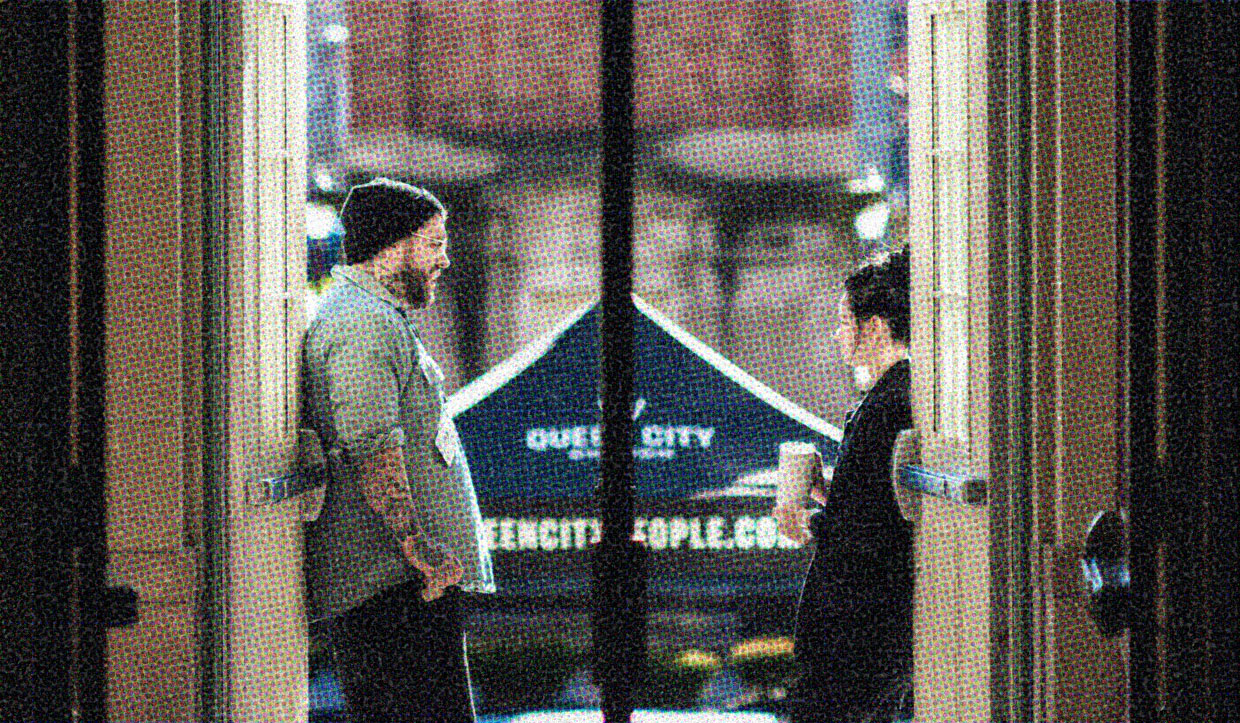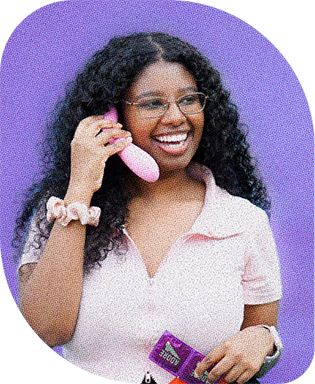
As a clinical sexologist, I have seen how casual intimacy can either deepen connection or cause confusion. The difference often comes down to how it is handled from the beginning. Let’s explore how to make it work without ruining the friendship.
A friends with benefits arrangement is when two people maintain a friendship while also having consensual, casual intimacy, without the expectations of a romantic relationship. This type of relationship is meant to be emotionally low pressure, sexually satisfying, and mutually respectful.
However, casual does not mean careless. A successful FWB relationship still needs structure, open communication, and emotional maturity.
FWB usually works best when:
A FWB relationship is not about using someone. It is about an honest agreement to share intimacy for pleasure, comfort, or exploration, without the added layers of romance or commitment.
A FWB situation might not work, or may need to end, if one person develops romantic feelings while the other does not. Likewise, if intimacy is being used to avoid loneliness, conflict, or the pain of a recent breakup. And if there is little to no communication or respect for boundaries? Red flags all the way.
And what it someone catches feelings? When one person starts acting like a romantic partner without that being the agreement, it can be a recipe for disaster (and heartbreak). Casual intimacy with a friend can become complicated quickly if both people are not honest about where they stand.
Here are some important questions to ask each other at the beginning:
It's important to remember to always lead with respect, even if you are not in love. Communicate before, during, and after. Consent and mutual pleasure are always essential. This is still a relationship, even if it is not romantic!
Take care of your physical and emotional health, because your wellbeing matters. And if things change, don't disappear or ghost. Be honest.
These conversations might feel intense at first, but having clear boundaries leads to better intimacy and fewer misunderstandings.
FWB relationships are often temporary. If the arrangement no longer feels right, here is how to approach ending it with care.
Here are some sample scripts for common situations:
If you want a romantic relationship instead:
“I have been thinking about our setup, and I have realised I want something deeper and more committed than what we have now. I really appreciate the connection we shared, but continuing this way does not feel right for me anymore.”
If the dynamic no longer feels emotionally safe or beneficial:
“I want to be honest with you. This situation is not feeling good for me anymore. I have enjoyed our time together and value our connection, but I need something different right now.”
If you want to remain friends but stop being intimate:
“I care a lot about our friendship and do not want to lose that. Lately, I have been feeling like the physical part of our relationship is no longer working for me. I would love to continue being friends if you are open to that.”
If you are feeling unsure and want a pause:
“Lately I have been feeling uncertain about our arrangement and need some time to figure out what I really want. It is not about anything you did. I just need some space to get clarity and hope you understand.”
Yes, it is possible to stay friends after a FWB relationship, especially if both people are emotionally mature, honest, and respectful.
However, it is also okay if the friendship changes or ends. That does not mean you failed! It simply means the connection served its purpose and has now shifted.
FWB relationships are not one-size-fits-all. For some people, they offer closeness and freedom. For others, they blur boundaries and bring emotional confusion. The most important thing is to know your own emotional capacity, speak your truth, and stay grounded in your needs.

Read more
Dating
Things that give you the "ick" (and how to deal)
What do TikTok and Baby Reindeer have in common? A deep and uncomfortable dive into "the ick", that indefinable feeling which we've all felt from time to time about a person or scenario. That niggly feeling of "I don't like this, and I can't say why."
